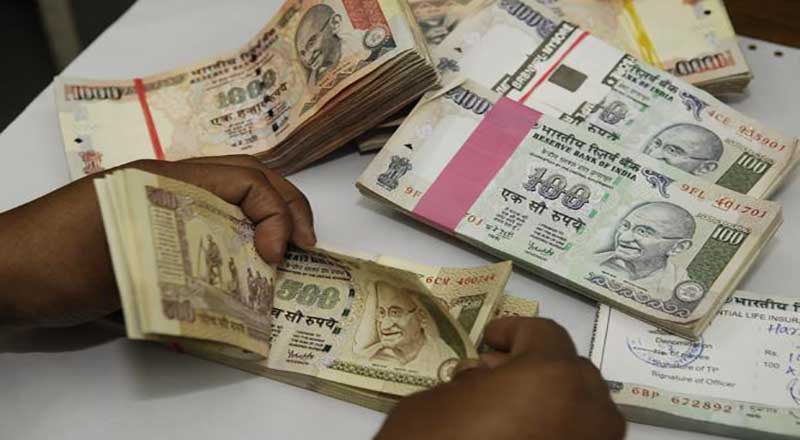- We can call this as the man made disaster which costs India ₹15 trillion Plus, where most of the market value of Indian shares fell sharply since the latest Union Budget, which proposed additional tax on super rich investors. The fact is there is big dent has made to the economy , which had already been done.
- The negative global cue hurt Indian market, Asian markets are slowly becoming resilient in the middle of the adversity facing the US economy. Too much is being talked about the inverted yield curve and the impending recession.
The total loss of market value of shares from July 5 until August 23 is pegged at ₹ 14.7 trillion whereas the expected tax revenue from the additional surcharge was a mere ₹14 billion. Finance Minister Nirmala Sitharaman has to rolled back the surcharge to stem the market meltdown and revive investments but the question is whether the investors again put the money on the equity market? However, FM Nirmala Sitharaman, or her team, particularly any person who recommended the additional surcharge on super-rich investors, seemed to have beat his or her own instinct.
The damage was borne by investors as stocks in both the Bombay Stock Exchange (BSE) and the National Stock Exchange (NSE)– including the Sensex and the Nifty– went tumbling over the next 49 days. And the rupee became the worst performing currency in Asia in August.
With this there is subsequent anger and market sell-off has wiped off billions of rupees in share market wealth since then as foreign investors rushed for the exit. Most foreign portfolio investors in India operate as non-corporate entities such as trusts and associations, which are taxed like individuals and therefore the additional tax would fall on them.
Foreign investors folded many of their investments and pulled money out in hordes and nearly ₹22.5 billion since the budget day.
The value of shares in the India fell by a whopping ₹14.7 trillion from July 5 to August 23. However, on August 23, when FM Sitharaman decided to rollback the levy on investors, the Revenue Secretary, Ajay Bhushan Pandey, revealed that the withdrawal will cost the government just ₹14 billion.
The rupee has fallen to its lowest level since December 2018 and much of it has to do with foreign investors pulling out dollars in haste. A weaker rupee would mean India will have to pay more for crude oil (India imports over 80% of all the crude oil it needs ) and that in turn will increases prices of other essential items.
Attachments area





